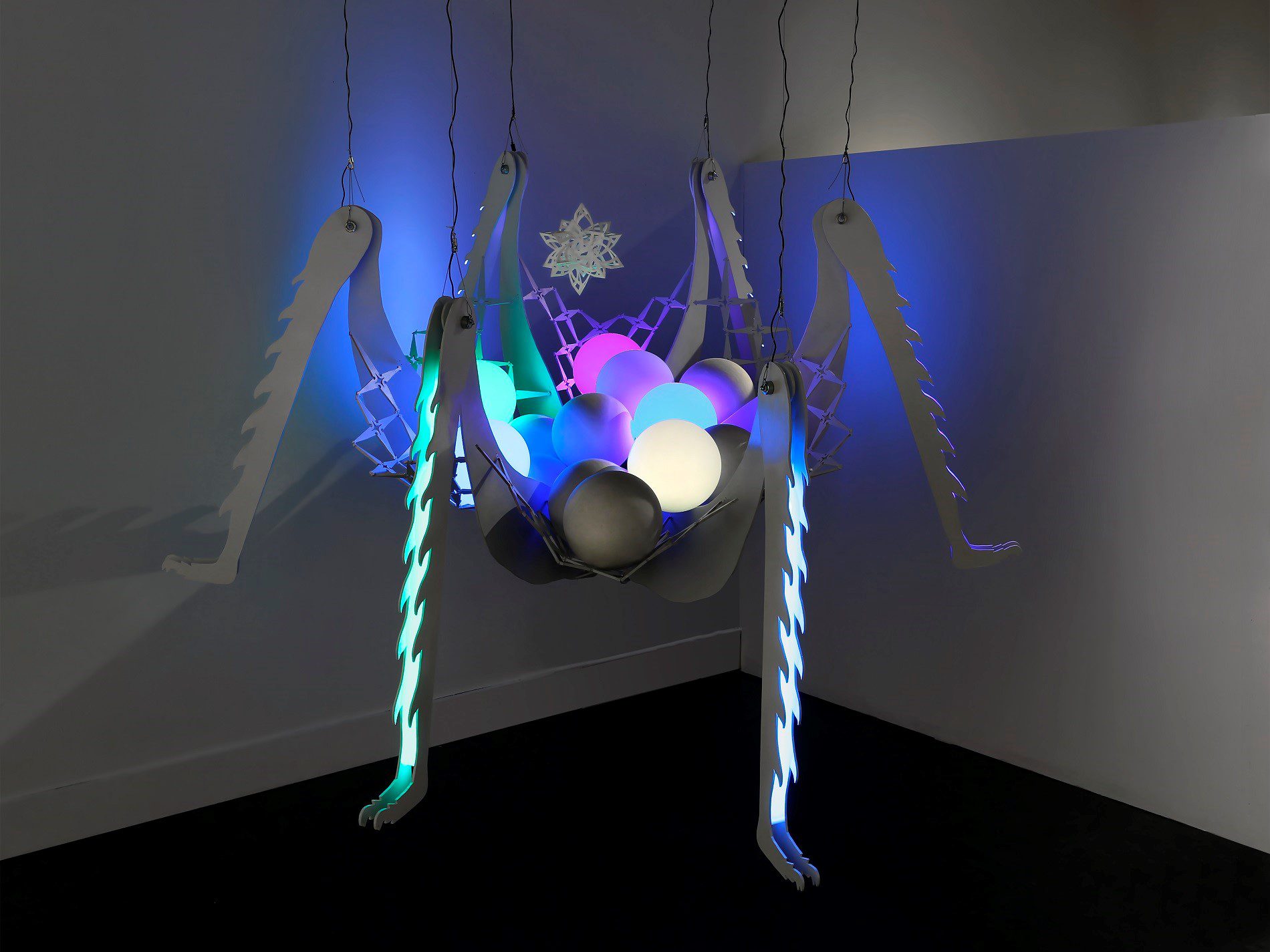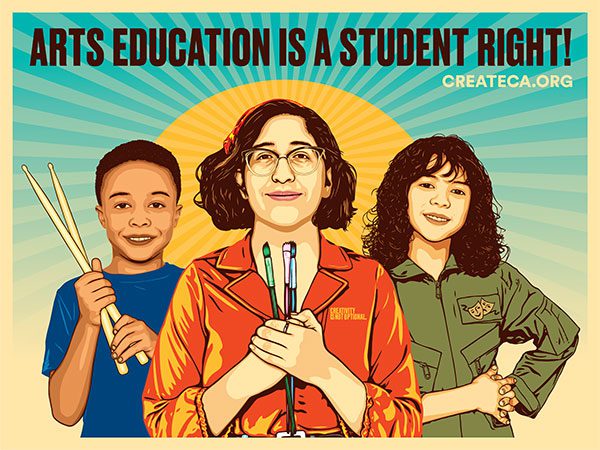
By August Denhard
Recognition of changes in the landscape comes to all of us in different ways. Mine came two years ago with the realization that my organization, the Early Music Guild of Seattle, was not recognized widely across our region, and that this was costing us grant funding. As a nonprofit arts leader, money usually gets my attention. How can an organization known the world over for its presenting and nurturing of great music not be recognized in its own community?
Maybe because it is representing and serving an increasingly smaller percentage of that community.
 The shock of this realization helped me finally take notice that many people in our region have not been invited to share in the art that I hold so dear. Since then I have participated in a flurry of recent seminars exploring issues around equity in the arts, presented by the Office of Arts & Culture, the Office for Civil Rights, and ArtsFund. These seminars have been challenging.
The shock of this realization helped me finally take notice that many people in our region have not been invited to share in the art that I hold so dear. Since then I have participated in a flurry of recent seminars exploring issues around equity in the arts, presented by the Office of Arts & Culture, the Office for Civil Rights, and ArtsFund. These seminars have been challenging.
The crux of the challenge lies not with the art, the artists, or the organizations representing people of color, but with the older, established arts organizations firmly grounded in the dominant white culture. We operate our organizations so that everything from attendance at events to board service is mostly out of reach to outsiders. Our venues are far from neighborhoods. There are financial barriers to participation. Our default is to present the art we have always presented. Because we don’t often question ourselves on equity issues and because we’re rarely questioned from the outside, we tend to drift continually back to the familiar. Our organizations are living in an increasingly lonely place, mostly isolated from those with the energy and creativity that could carry our missions into the next century.
I was compelled to consider new programming that would explore how early music could speak to audiences outside of our established formal concert framework.
Working first as a performing musician outside my capacity as Executive Director of Early Music Guild, I found very receptive artists with whom I collaborated to develop two cross-cultural projects, creating original repertory to serve new audiences. De México al Mediterraneo scheduled for performances in October, 2015, was funded this year by 4Culture to explore the European and African roots of Mexican folk music. The Silk Road: Trade and the Currency of Music gave performances this past May. Funded by the Office of Arts & Culture in 2015 and 4Culture in 2016, Silk Road imagines a musical journey from Japan, through the Middle East, to Medieval Europe. These projects include resources for teachers, classroom visits, and free community programs/performances. They have been well received by new audiences, and have engendered lively, ongoing musical partnerships between myself and Abel Rocha (voice and guitars), Antonio Gómez (world percussion and educator), Műnir Nurettin Beken (oud), and Tomoko Sugawara (kugo harp).
 Putting on my Early Music Guild Executive Director hat, I went in search of organizational partners in the region to try similar programs on a larger scale, and two projects emerged. The first, Pasión en el siglo XVII: De Europa al Nuevo Mundo (September 15, 2014), brought advanced voice students from Mexico to the Northwest to present concerts in Seattle and Yakima in celebration of Mexican Independence Day. Many partner organizations came on board to offer good advice, in kind help, and financial support, including the Mexican Consulate in Seattle, La Sala Latino-Latina Artists’ Network, Viva la Musica Club, The Seasons Performance Hall in Yakima, and Arts Washington. The ensemble performed in a school, a community center, on radio, and for a gala performance hosted by the Mexican Consulate.
Putting on my Early Music Guild Executive Director hat, I went in search of organizational partners in the region to try similar programs on a larger scale, and two projects emerged. The first, Pasión en el siglo XVII: De Europa al Nuevo Mundo (September 15, 2014), brought advanced voice students from Mexico to the Northwest to present concerts in Seattle and Yakima in celebration of Mexican Independence Day. Many partner organizations came on board to offer good advice, in kind help, and financial support, including the Mexican Consulate in Seattle, La Sala Latino-Latina Artists’ Network, Viva la Musica Club, The Seasons Performance Hall in Yakima, and Arts Washington. The ensemble performed in a school, a community center, on radio, and for a gala performance hosted by the Mexican Consulate.
 The second project took place on November 24, 2014 at the height of the Ebola crisis, Ebola Relief: A Musical Response. Partnering with Transcontinental Christian Ministries (a Liberian church based in Kent), Early Music Guild presented a concert of Medieval European music inspired by the plague, highlighting the universal human response to a tragedy such as Ebola. Other partners included Town Hall Seattle, the King County Department of Public Health, King FM, and many other local arts organizations and media. The concert raised $2,000 to benefit The Hope Project and Doctors Without Borders.
The second project took place on November 24, 2014 at the height of the Ebola crisis, Ebola Relief: A Musical Response. Partnering with Transcontinental Christian Ministries (a Liberian church based in Kent), Early Music Guild presented a concert of Medieval European music inspired by the plague, highlighting the universal human response to a tragedy such as Ebola. Other partners included Town Hall Seattle, the King County Department of Public Health, King FM, and many other local arts organizations and media. The concert raised $2,000 to benefit The Hope Project and Doctors Without Borders.
My experience with both the personal and organizational projects has been the same: individual artists and community organizations are ready to collaborate and are excited to participate in the creation of new works that will involve their communities. Public funders are ready to step in to help make new partnerships financially viable.
If this is so easy, then what is keeping us from institutionalizing these partnerships and presenting truly universal arts experiences for everyone? As I discuss these questions and realities with artists, board members, and staff, there is a consensus that we have begun to recognize our isolation and we see the great potential at hand, but don’t know how to start the process of change from within. A good place for ideas and inspiration are the programs on equity in the arts offered by the Office of Arts & Culture and its partners. They’re doing the heavy lifting on this issue on our behalf. And if you’re an arts leader or board member, take an artist to lunch. Their eyes are already open.
August Denhard has been the Executive Director of the Early Music Guild of Seattle since 2000 and is a recognized performer on the lute family instruments.
Image caption: Pasión en el siglo XVII: De Europa al Nuevo Mundo image courtesy Grafield Elementary School (Yakima). Ebola Relief: A Musical Response by Tino Tran at EMG’s


